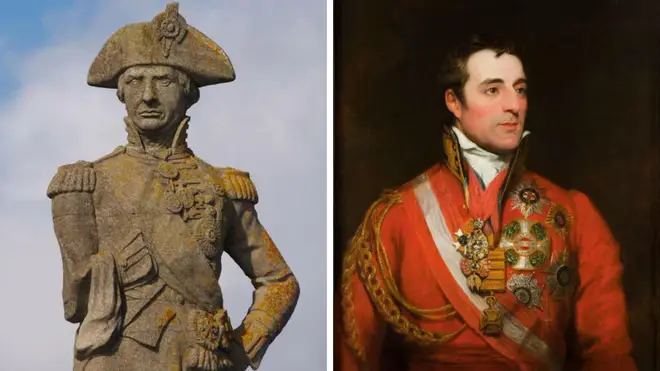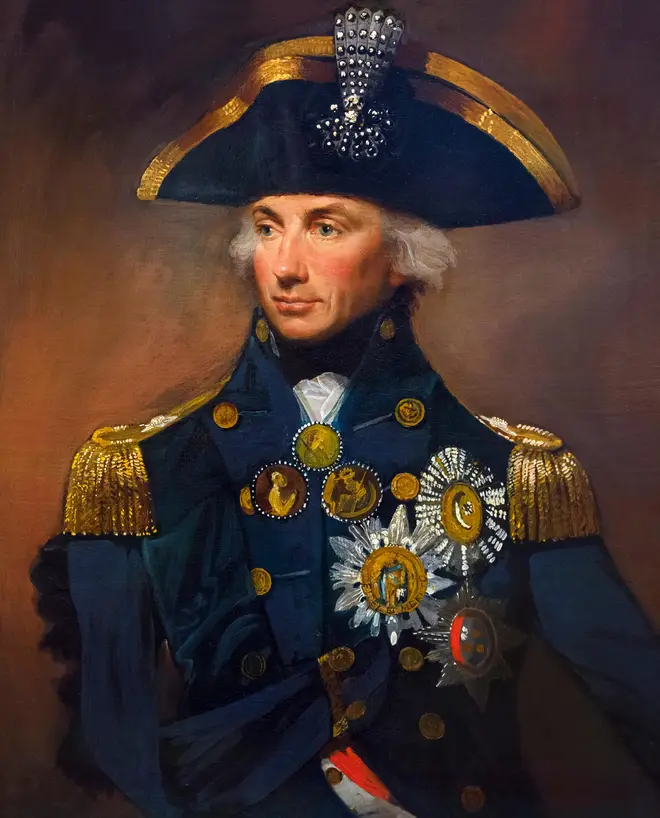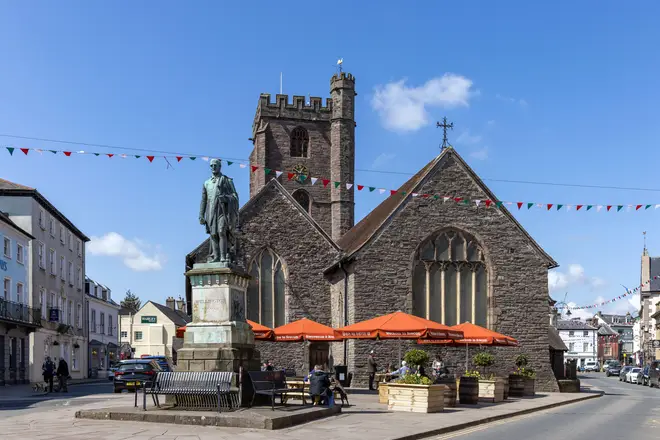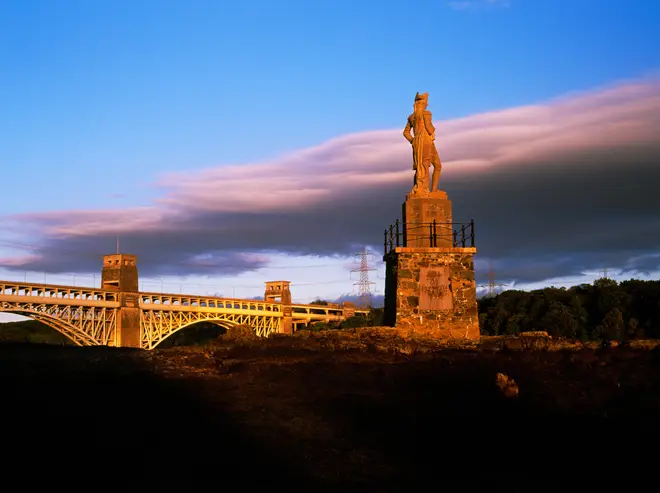
Tom Swarbrick 4pm - 6pm
12 March 2023, 12:31

Statues depicting old white men such as the Duke of Wellington and Admiral Lord Nelson may need to be destroyed, the Welsh government has said.
Monuments to "powerful, older, able-bodied white men" could also be hidden or moved elsewhere, guidance to Welsh local councils due to be finished this month says.
The "best practice" guidelines make the suggestions to "set the right historical narrative".
"Offensive or unwanted" names of streets and buildings could also be changed, the advice, seen by the Telegraph, tells local authorities.
Read more: Thatcher statue vandalised with red paint and communist symbols weeks after egging
Ministers say that statues of some people from British history "can be offensive to people today who see them in a different light", including those who consider them “aggressors who conquered peoples to expand the British Empire".

The advice also notes that diversity is “hardly visible at all in public commemorations”. Statues in Wales, it adds, give the “perception that the achievements that society considers noteworthy are those of powerful, older, able-bodied white men”.
The guidelines, which are not mandatory, are being drawn up by Dawn Bowden, deputy minister for the arts, and have been subject to consultation.
They come after an "audit of commemoration" backed by the Welsh government following the Black Lives Matter protests.
The audit, which looked at hundreds of statues, monuments and place names across Wales, singled out Welsh explorer Henry Morton Stanley as someone who "committed crimes against black people".
Imperial military heroes Admiral Nelson and the Duke of Wellington, who both also have statues in Wales, were named as opposing the abolition of slavery.

Nelson's relationship to slavery was complicated: he wrote a private letter denouncing "the damnable and cursed doctrine of [abolitionist] Wilberforce and his hypocritical allies", but also freed slaves while serving in the navy.
Welsh Conservative leader Andrew RT Davies branded the advice "Orwellian" and claimed that the Welsh government were "virtue-signalling".
He told the Telegraph: “Whether it is their erroneous misguidance for public bodies or their so-called ‘Anti-Racist Wales Action Plan’, Labour are intent on rewriting our history here in Wales.
"Labour have been captured by a hard-Left, anti-British mob who want nothing more than to topple our statues, tear up the works of classic authors and cancel our great orators, all in the name of virtue signalling.

"Statues may well offend some people, but that does not make them any less a part of Wales’ rich history. What happened to remembering the mistakes of the past and learning the lessons?
"We should be punishing woke vandals for denigrating our history and damaging our monuments, not kowtowing to them by ‘concealing statues’ as this document suggests.”
"Rest assured, I will be pushing hard against these Orwellian moves with Welsh Conservative colleagues, that are unfortunately becoming more and more common from the socialists in Cardiff Bay.”